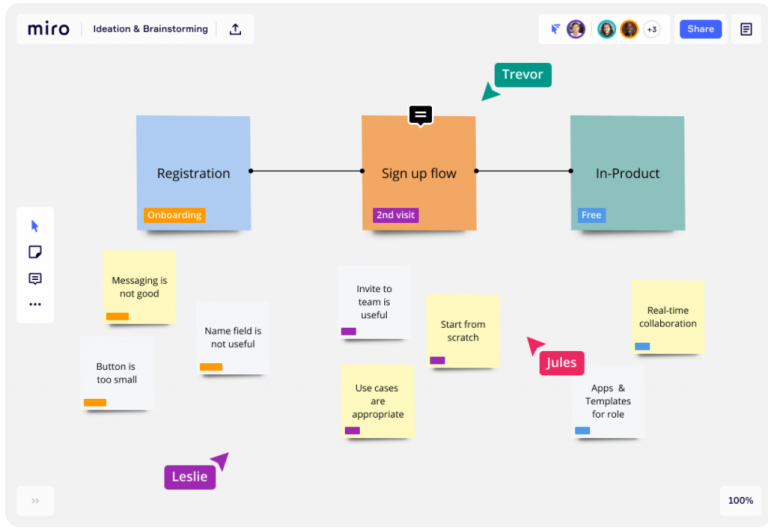Social Innovation Across the Baltic States and Sweden: Four Countries, Four Unique Approaches
As social challenges evolve, countries across Europe are taking innovative approaches to strengthen social entrepreneurship and address community needs. Estonia, Latvia, Lithuania, and Sweden demonstrate how tailored strategies can support social innovation while reflecting unique national priorities.
Estonia: A “Thin State” Model for Social Innovation
Estonia focuses on efficiency by working with local organizations and communities instead of depending on a large government system. This model, led by the Ministry of the Interior and supported by civil society advisors in each of Estonia’s 15 counties, focuses on creating policies that are co-designed with community stakeholders.The country’s decision not to strictly define social enterprises gives them the flexibility to quickly adapt to new challenges. This “thin state” model ensures that local voices play a central role in shaping policies, showing how agile collaboration can make a bigger impact.
Latvia: The Power of Regulation
In 2018, Latvia implemented the Social Enterprise Law, defining social enterprises as limited liability companies with a primary focus on social impact. Organizations that register under this framework can get tax benefits, access to public resources, and grants for employing marginalized groups. However, strict eligibility requirements ensure accountability, with enterprises required to reinvest profits and submit annual impact reports. While this regulated framework supports transparency, it also presents challenges for organizations navigating compliance. Latvia’s approach shows how balancing regulation and support can help build a strong social enterprise ecosystem.
Lithuania: Building an Emerging Ecosystem
Lithuania is gradually formalizing its social enterprise framework, positioning itself as a future leader in social innovation. Though less structured than Latvia, the country’s initiatives encourage partnerships between social enterprises and government agencies. Programs like Innovation Labs are encouraging collaboration while working to define clearer eligibility criteria for funding. Lithuania’s efforts show how creating a supportive environment for social enterprises can help them grow as new policies emerge, leading to a thriving landscape for innovation.
Sweden: Integrating Social Enterprises into Public Funding
In Sweden, social enterprises are finding new opportunities to scale through integration with public funding systems. The example of Järva Gymnasium showcases this approach. Founded by Amir Sajadi, it is a community-centered educational institution specifically designed to meet the needs of a diverse, low-income student population in Sweden. By securing government-backed funding based on enrollment, the school enjoys financial stability typically reserved for public institutions. This innovative model enables Järva Gymnasium to focus on long-term goals, demonstrating how stable public funding can empower social enterprises to achieve sustained community impact.
Key Lessons Learnt
Across these countries, certain themes emerge:
- Collaboration Matters: Estonia’s emphasis on cross-sector partnerships demonstrates the power of pooling expertise and resources to address complex challenges.
- Flexibility vs. Regulation: Latvia’s strict framework contrasts with Estonia’s flexible approach, showing there is no one-size-fits-all strategy for developing social innovation.
- The Role of Public Funding: Sweden’s integration of social enterprises into government systems highlights the importance of stable financial support for long-term impact.
- Grassroots Innovation: Localized initiatives, such as Lithuania’s Innovation Labs or Järva Gymnasium’s tailored educational model, highlight the value of addressing specific community needs.
As these countries continue to refine their approaches, they provide valuable insights for cultivating impactful social enterprises across the globe.
You can read the full Social Innovation Best Practices Report here.
The article and the report were created as part of the Integrated Baltic Ecosystem for Social Innovation (IBESI) project by Reach for Change, Baltic Innovation Agency / BIA, Katalista Ventures, Sotsiaalsete Ettevõtete Võrgustik (Social Enterprise Estonia) and funded by the European Innovation Council and SMEs Executive Agency (EISMEA).









